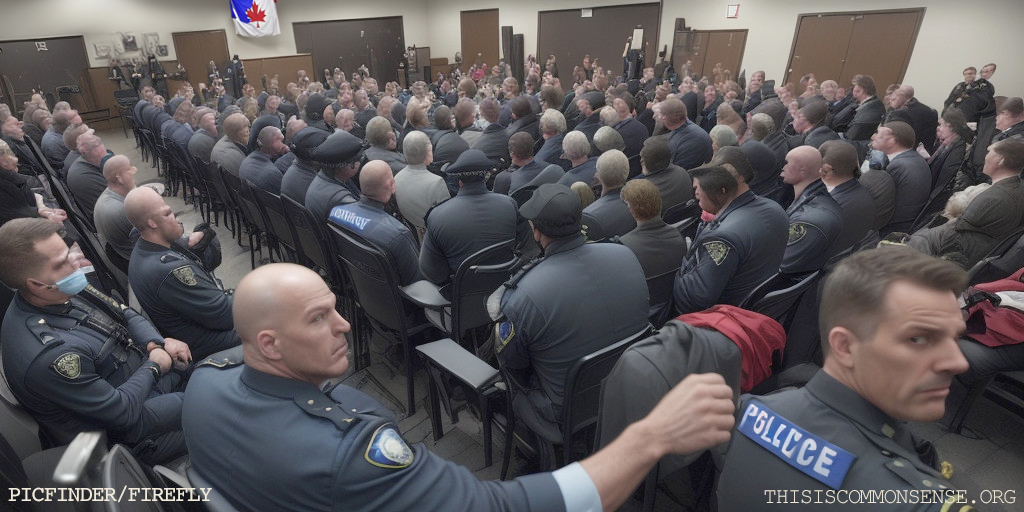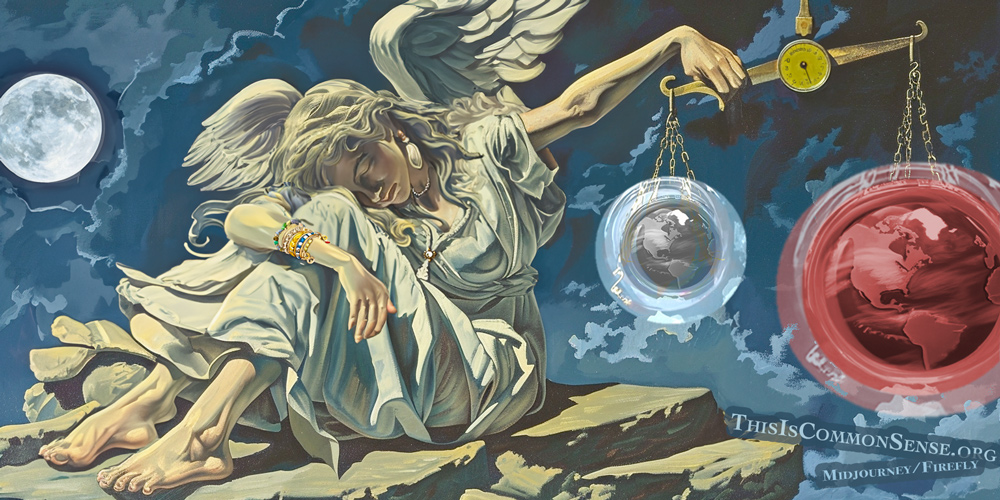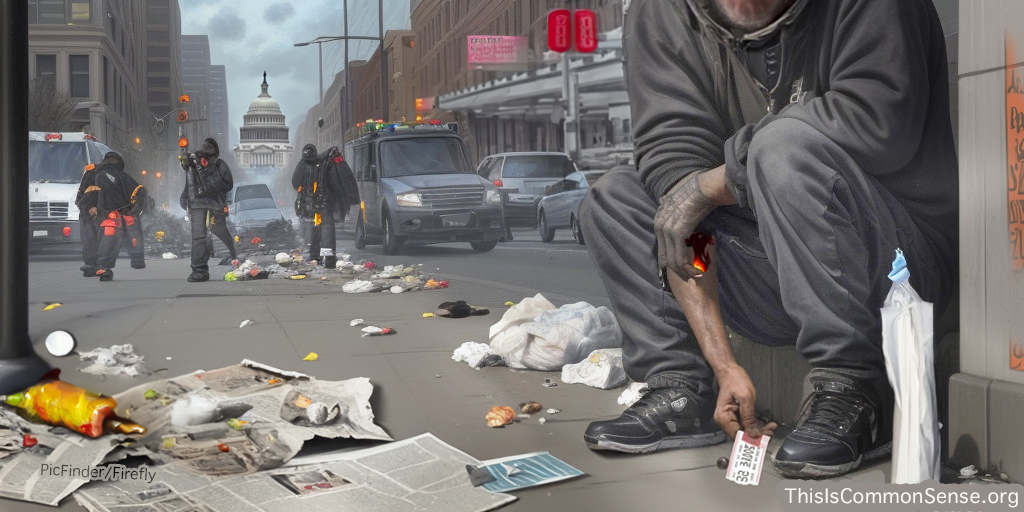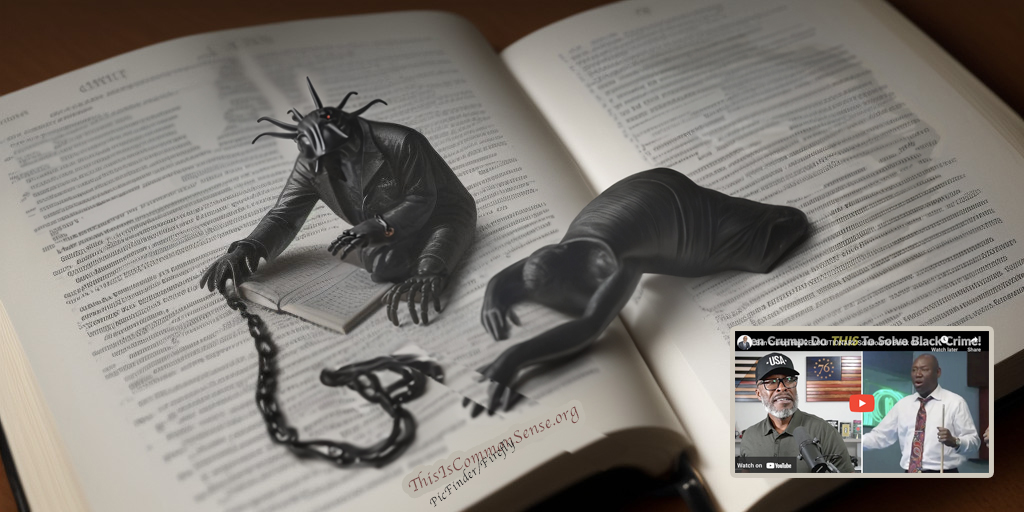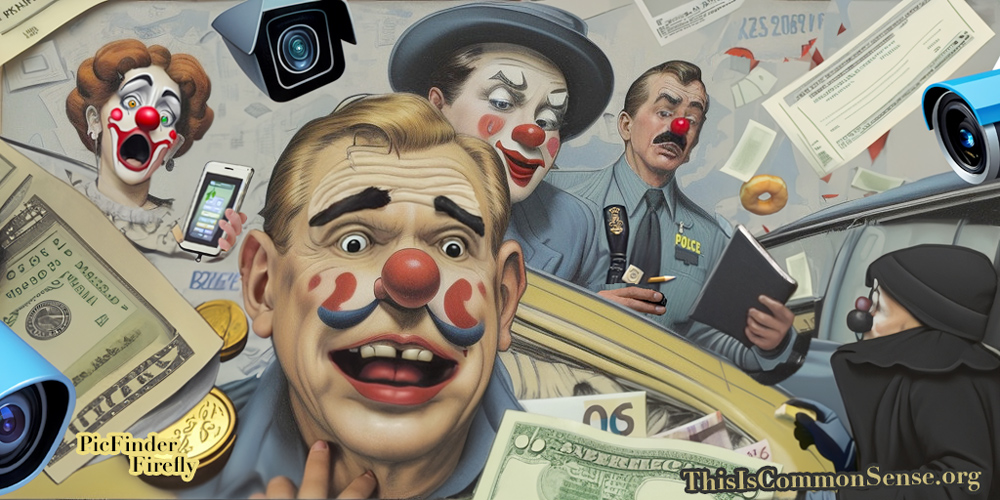Fight crime — give criminals all your stuff today!
This isn’t my view. But it’s the apparent view of some — I hope not many — Canadian police officers.
At a recent public meeting about coping with crime, a Toronto police officer told people that to reduce the chances “of being attacked in your home, leave your [car key] fobs at your front door. Because they’re breaking into your home to steal your car. They don’t want anything else.”
To reduce the risk to you personally, give up in advance.
Are you following the reasoning? Because I’m not. And I am very disinclined to leave my car keys and cash and my Taiwanese history library in a heap near the front door to buy off home invaders.
Instead, perhaps everybody in high-risk neighborhoods should install a trap door in their vestibule, rigged in such a way that anybody who forcibly breaks into the home is immediately dropped into a vat of
AIER’s John Miltimore sees an “obvious problem” with the policeman’s helpful advice. The problem is that he is asking people to encourage burglary and theft, to make it “easier, not harder, to steal vehicles, diminishing the time it takes to commit the crime, thus lowering the risk involved.” If a lot of people follow the advice, this would tend to increase
It all reminds Miltimore of the movie Robocop and its crime-ridden landscape. “There’s something dystopian in normalizing this kind of violence. . . .”
To avoid dystopia, let’s defend
And our cars. And car keys. And . . .
This is Common Sense. I’m Paul Jacob.
Illustration created with PicFinder and Firefly
—
See all recent commentary
(simplified and organized)
